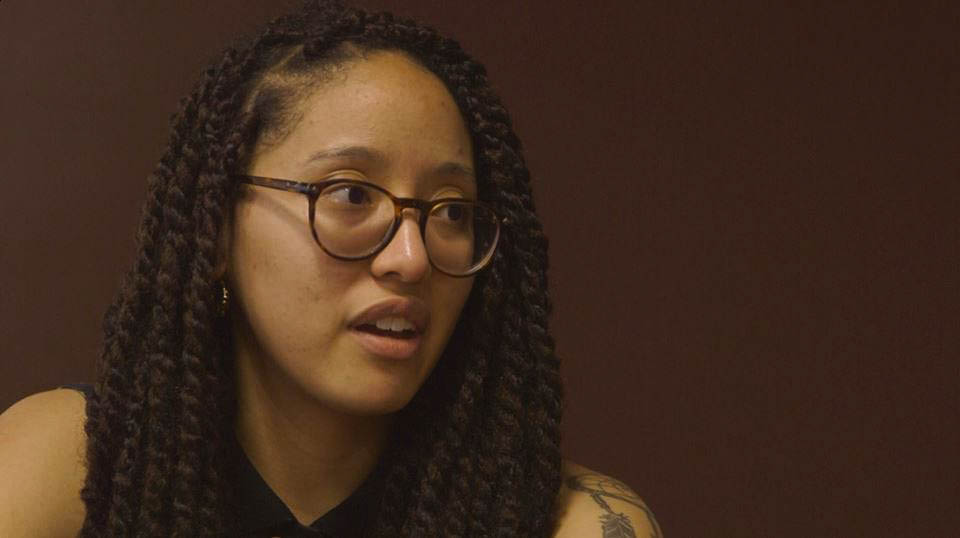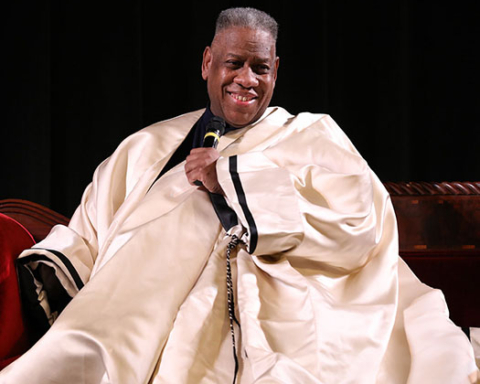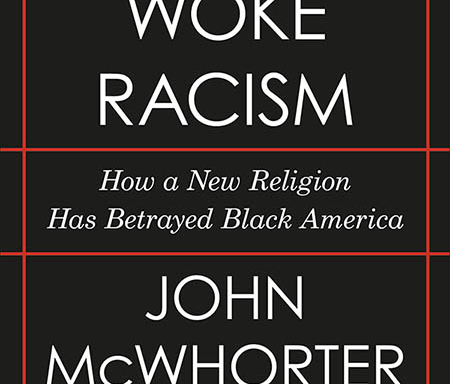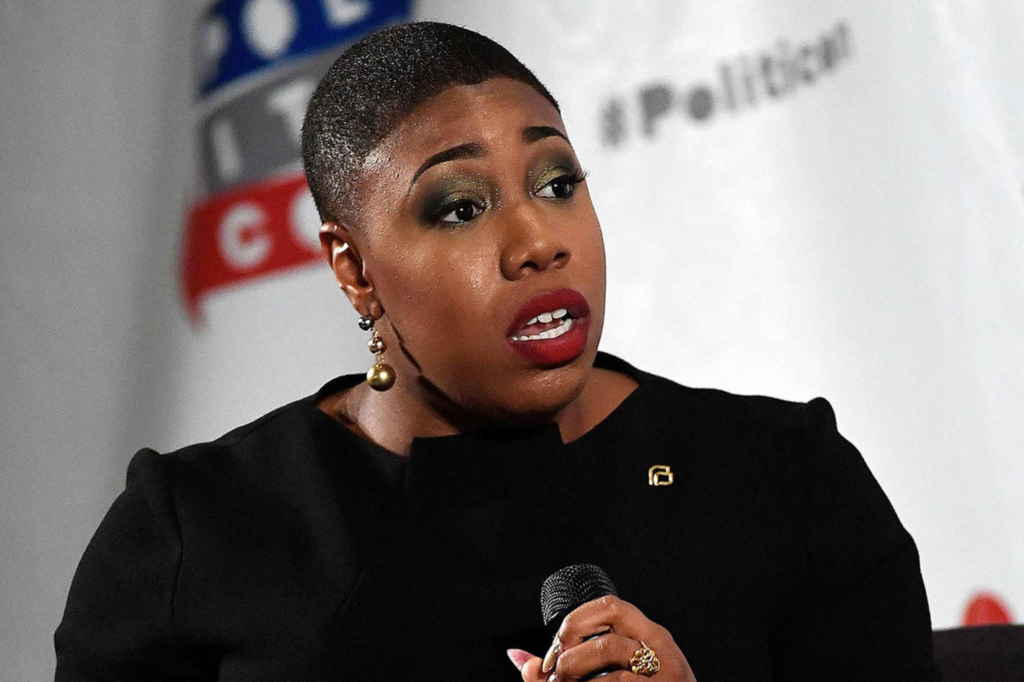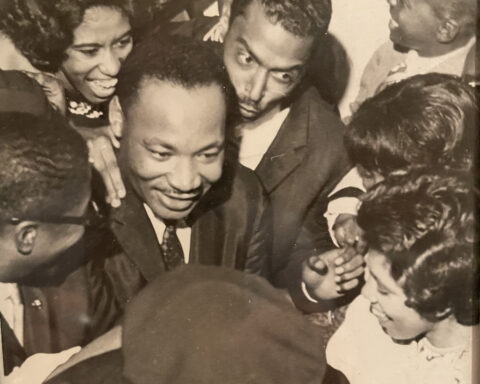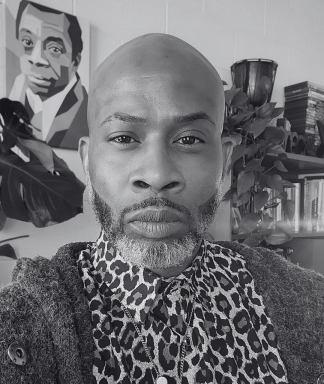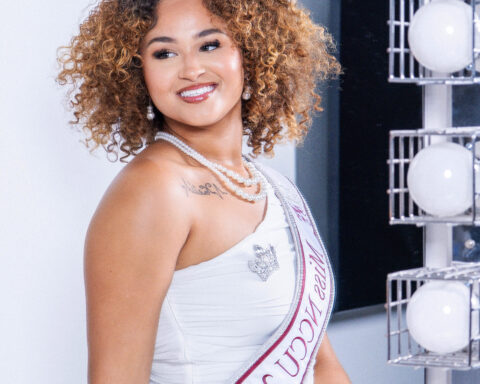Nearing the end of Black History Month, N.C. Central University’s Departments of Diversity and Inclusion and Women’s and Gender Studies used an academic innovation grant from the provost’s office to celebrate with a poetry slam featuring poet Ariana Brown.
Brown is a Black Mexican-American poet from San Antonio who performs and holds workshops on college campuses about blackness in the context of being Mexican-American.
Her poetic journey began in the sixth grade when her English teacher had the class write “imitation poems.”
“She would show us famous poems that were really short and have us write our own versions of them with our experiences,” Brown said. “I really liked that activity.”
Poems performed last Friday included addressing the challenges she’s faced being Black and Mexican, to “wanting to talk about white women,” to once knowing how to love men and women alike.
As words leave Brown’s mouth and hit the audience’s ears, hands clap, fingers snap and sounds of agreement and understanding fill the room.
Águilas Afro-Latino president and social work senior Keyanna Gotay, who follows Brown on Twitter, was given the opportunity to introduce Brown to the audience at the event.
Gotay, who was able to hear one of her favorite poems, “Dear White Girls in my Spanish Class,” in person, said one of the things Brown’s poems reveals is that “(Brown) strongly knows who she is.”
Brown says that her poems begin with a life experience.
“Usually, I’m writing to understand the life experience that happened to me,” Brown said. “It doesn’t necessarily have to be something traumatic, but usually it’s something that my spirit needs to wrestle with for a little bit before I can make peace.”
The poet wants people who have more privilege than her to be brave enough to hold their discomfort without dismissing what she has to say while listening to her poems.
“I think a lot of times people have a tendency to assume that black women are misspeaking when we are speaking about ourselves,” Brown explained. “I really dislike when that happens because I am someone who’s very precise and very clear when I speak. I always mean what I say.”
Brown, who doesn’t realize it, has begun to leave a mark in the world with poems like “Supremacy,” which boldly starts off with “I want to talk about white women” and ends by asking:
“In what version of the story do black women win?”
As February, an admittedly-short time to recognize the central role and achievements of black people in American history, comes to an end, take care to keep in mind black’s different shades.

